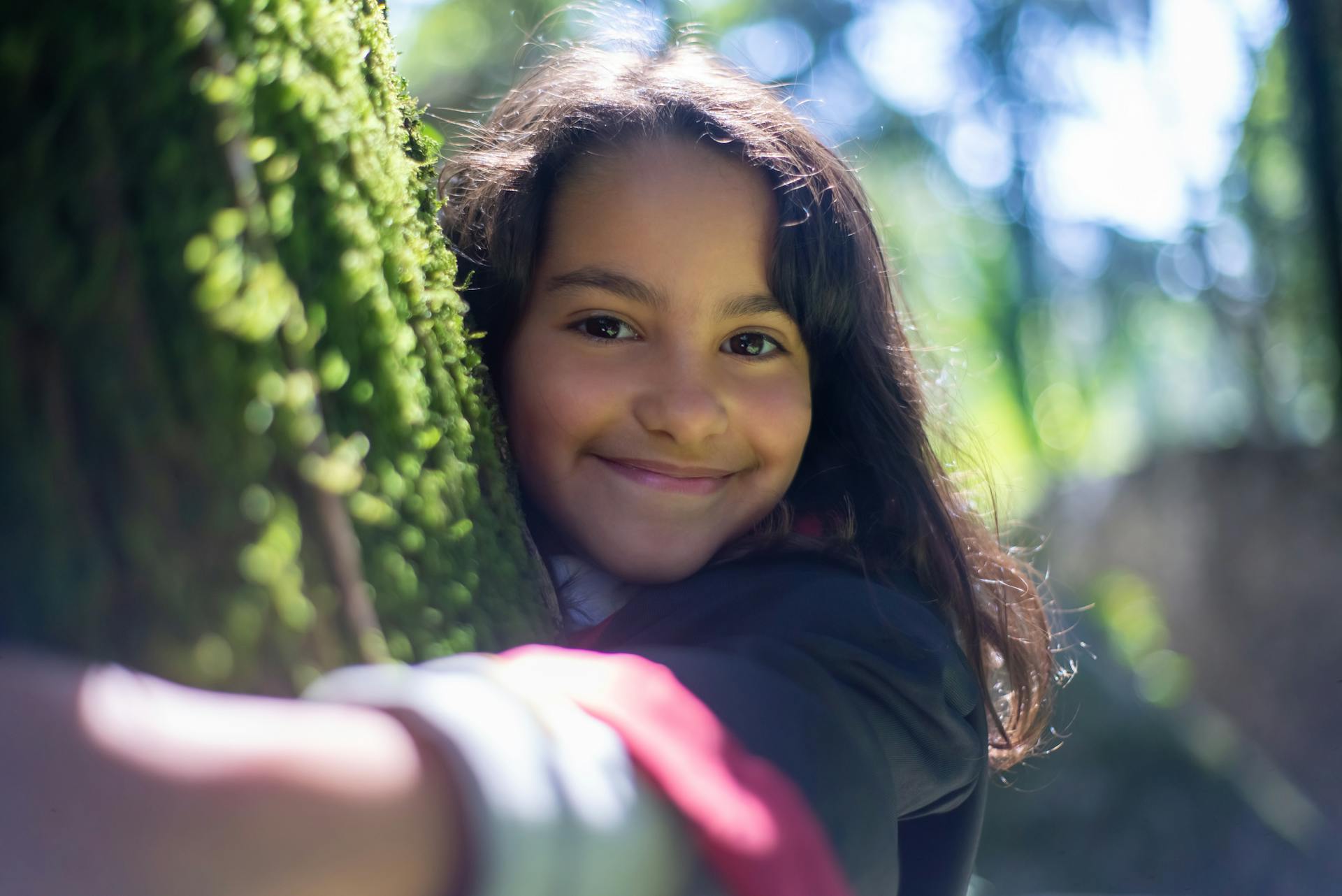In a sweeping new initiative announced by the Ministry of Emotional Ecology, the government has mandated that every citizen must hug at least one tree before the end of Fiscal Q4. The policy, officially titled the National Arboreal Embrace Directive, is being hailed by officials as a “transformative act of ecological intimacy,” though many citizens remain baffled by the sudden bureaucratization of bark.
Policy Overview
The directive is not merely a suggestion but a codified ritual. Citizens are required to locate a living tree, approach it with what the ministry calls “unambiguous intent,” and wrap their arms around its trunk for no less than seven continuous seconds. The embrace must involve full frontal contact with bark, and casual leaning or half-hearted touching does not qualify.
To ensure compliance, the government has released a mobile application called TreeTouch, which uses accelerometer data and biometric sensors to verify that the hug is genuine. The app even prompts users to whisper a short affirmation (“I acknowledge you, tree”) into their phone’s microphone, a requirement that has already sparked confusion and ridicule online.
The ministry has clarified that artificial trees, telephone poles, and vending machines do not count, even if they provide shade or emotional comfort. In urban districts where trees are scarce, the government has deployed Mobile Tree Units, potted specimens mounted on small trucks, which will circulate through neighborhoods on a published schedule. Citizens are expected to line up, embrace the tree in turn, and log their compliance before the vehicle moves on.
Failure to participate will result in an eco-citation, a new category of fine that can only be resolved by either performing additional tree hugs under supervision or volunteering for community compost duty. Officials insist that enforcement will be “gentle but firm,” though the exact penalties for repeat offenders remain vague.
Government Justification
Environment Minister Norio Morimoto delivered the announcement with a fervor that startled even seasoned reporters. Standing before a backdrop of projected forests, he declared: “Carbon offsetting is no longer enough. We must offset our emotional detachment from nature. A nation that does not embrace its trees cannot hope to embrace its future.”
Morimoto went on to describe the act of tree hugging as “a civic sacrament,” insisting that bark-to-skin contact stimulates empathy, reduces aggression, and generates what he called “green serotonin.” He cited an internal white paper, Emotional Forestry: Phase II, which claims that mandatory arboreal intimacy could raise national productivity by 2.3% and lower divorce rates by 11%.
At one point, the minister raised his own arms and mimed hugging an invisible trunk, holding the pose for a full ten seconds while cameras clicked. His voice trembled as he added, “When you feel the roughness of bark against your cheek, you are not just touching wood… You are touching the continuity of civilization.” Observers described the performance as “deeply committed” and “slightly unsettling.”
To make the directive feasible, the government has designated “Hug Zones” in parks, schoolyards, and even select train platforms. Forestry officials have been tasked with labeling trees according to their “emotional receptivity,” with some specimens deemed too fragile or “still processing the trauma of deforestation.” In dense urban areas, the Mobile Tree Units are expected to become a daily sight, their loudspeakers reminding citizens: “Your bark awaits.”
Public Reaction and Economic Incentives
Reactions have ranged from bemused compliance to outright skepticism. One office worker admitted, “I hugged a vending machine by mistake. The app rejected it.” A high school student described hugging a cherry tree as “like spring in October,” while a retiree complained, “I’ve hugged trees my whole life. Now they want me to log it?” Social media has been flooded with memes of people embracing lampposts, traffic cones, and even each other, captioned with the phrase “Sap counts as contact.”
To encourage early participation, the government is offering tax rebates to those who complete their hugs before the end of the quarter. Participants also earn “Bark Points,” redeemable for eco-friendly tote bags and discounts on herbal teas. A national lottery promises that a handful of lucky huggers will receive “Golden Saplings,” granting them lifetime exemption from plastic straw guilt. Economists remain divided on whether these incentives will have a meaningful impact on compliance or create a black market for forged hug data.
Dr. Takeyuki Aizawa, Professor of Eco-Somatic Rituals, has warned of unintended consequences. “When tree hugging becomes mandatory, it risks losing its spiritual potency,” he explained. “We may see a rise in bark fatigue, sap-related anxiety, and resentment toward urban forestry.” He suggested voluntary moss meditation as a gentler alternative, though he admitted it lacks the “quantifiable metrics” the ministry craves.




